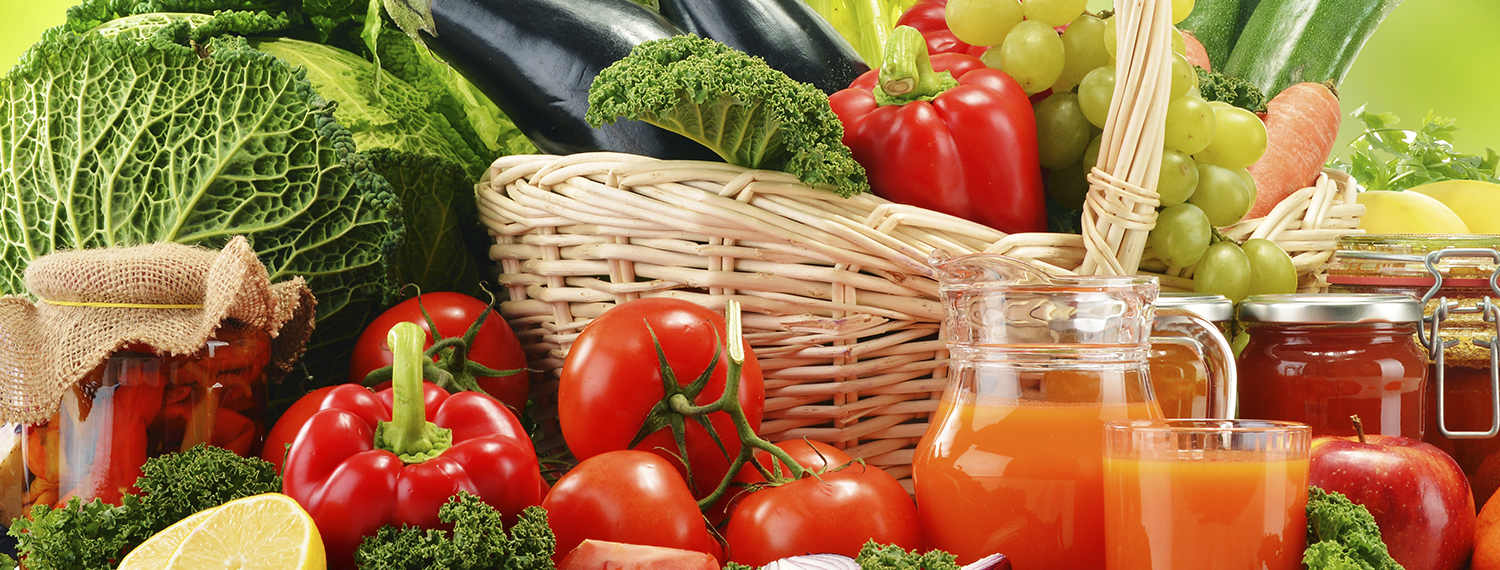First Let’s Be Crystal Clear What a Whole Food Plant-Based Diet Is.
A whole food plant-based diet is a diet based on fruits, vegetables, whole grains and legumes. It minimizes or excludes all meat including chicken and fish, dairy products and eggs and highly refined foods like flour, sugar and oil.
Focus On The Bounty.
While this might seem ‘limited’, in fact a whole food plant-based diet celebrates the bounty of the earth; it is a way of eating that people have thrived on for thousands of years.
So, instead of focusing on what you won’t be eating, let’s look at a list of all the food you can eat:
- Leafy and Non-Starchy Vegetables: Lettuce, spinach, asparagus, mushroom, broccoli, bok choy, cauliflower, chard, Brussels sprouts, kale, eggplant, bell pepper.
- Fruit: Avocado, tomato, strawberry, raspberry, orange, blueberry, banana, cherry, apple, tangerine, mango, pineapple.
- Tubers and Starchy Vegetables: corn, potato, sweet potato, yam, winter squash.
- Whole Grains: Millet, quinoa, barley, rice, whole wheat, oats.
- Legumes: Beans (azuki, black, chickpea, soybean), lentils, green peas.
All these amazing foods not only taste delicious but are super satisfying as well; you can even whip up some yummy familiar dishes like burritos and lasagna with them!
Now that you know generally what sorts of foods you’ll be eating, let’s delve further into what a whole food plant-based diet is NOT…
It’s NOT only vegetables!
Contrary to popular belief, a whole food plant-based diet is not just about eating leafy and non-starchy vegetables. While obviously leafy vegetables are nutritious, it is virtually impossible to get enough calories from them in order to follow a healthy, sustainable diet. For example, you will need to eat almost 16 pounds of cooked kale (good luck!) to get 2000 calories of food.
If you try to live only on vegetables, you won’t get enough calories which will lead to hunger, decreased energy, cravings and never-ending feelings of deprivation. You must complement the vegetables with more filling and starch-based foods: potatoes, sweet potatoes, corn, peas, brown rice, quinoa, chickpeas, black beans and kidney beans.
Here are 3 steps that will help you get started with your plant-based diet and lifestyle:
Step #1: Find a Compelling Why
We all have an array of different reasons why we chose to embark on a whole food plant-based journey. Some of the more common motivations are a desire to lose weight, a quest to feel better, a longing to improve, stabilize or reverse a chronic health condition, or a wish to look better. The key element that makes a change last (or “sticks”) is to create a strong feeling associated with something that goes beyond us and empowers others.
Here are a few examples of combining strong feelings and impacting others:
- A quest to feel better AND a commitment to preserve the environment
- A desire to lose weight AND a wish to be an example for a loved one
- A wish to look better AND outrage against animal violence
- A longing to reverse heart disease AND to be able to play with grandchildren
Step #2: Assemble All the Necessary Resources
Here are a few key resources that will help your success.
- Find support groups who can offer guidance, practical tips and reassurance. You can find people in online communities, through social media, or at local events and meet-up groups.
- Grab a buddy who can support you as you transition to a whole food plant-based diet or even join you on the journey.
- Have a super structured plan to help you ‘walk the walk’ for the first few months.
Step #3: Start Changing How You Do Things
Getting mentally prepared and having all the right support is terrific. But if you don’t know what to eat or how to cook, it will feel a lot harder than it could be.
Here are some tips:
- Stay close to home. You’ll have more control over the quality of foods you are eating.
- Make a list of all the meatless meals you already cook at home.
- Alter a favorite animal protein-based recipe by replacing it with a plant substitute
- Replace burgers with veggie burgers
- Make burritos or tacos with beans, rice, vegetables, salsa, and guacamole
- Prepare chili with beans and no meat
- Make soups with vegetable broth and with no meat
- Grill vegetables such as onions, bell peppers, summer squash and mushrooms, and/or fruits such as pineapple, peaches, and watermelon
- Research new recipes so you always have choices.
- Stock up your kitchen with a variety of healthy ingredients so that you’ll never be left in the lurch.
- Find ‘safe’ restaurants to go to in your city
- Experiment with new plant-based products and restaurants
Good luck and enjoy the ride!


